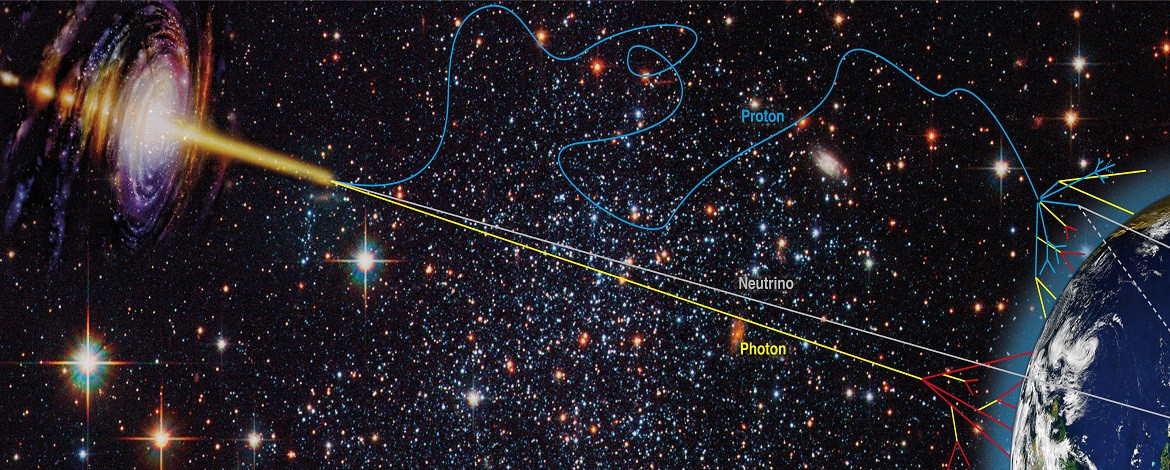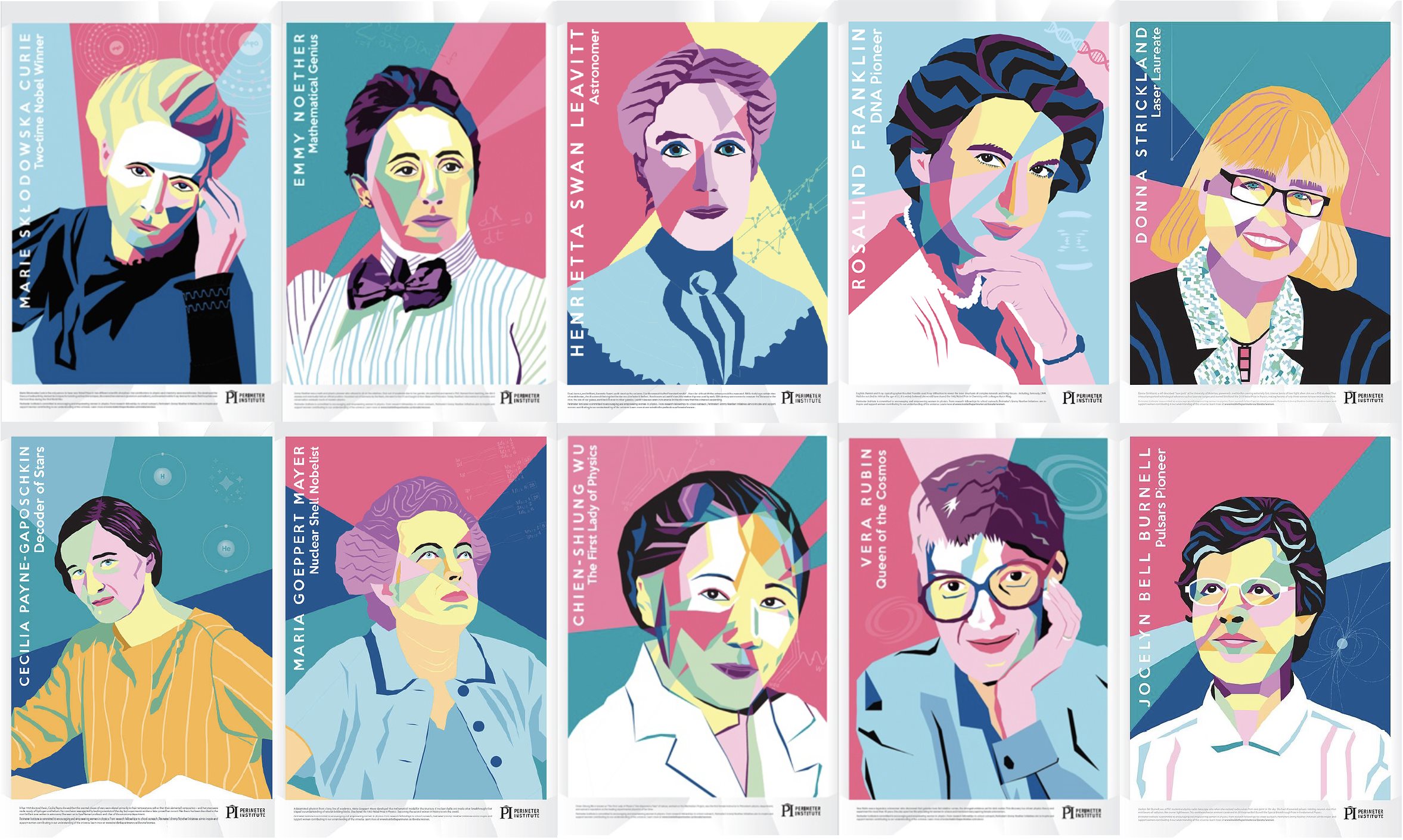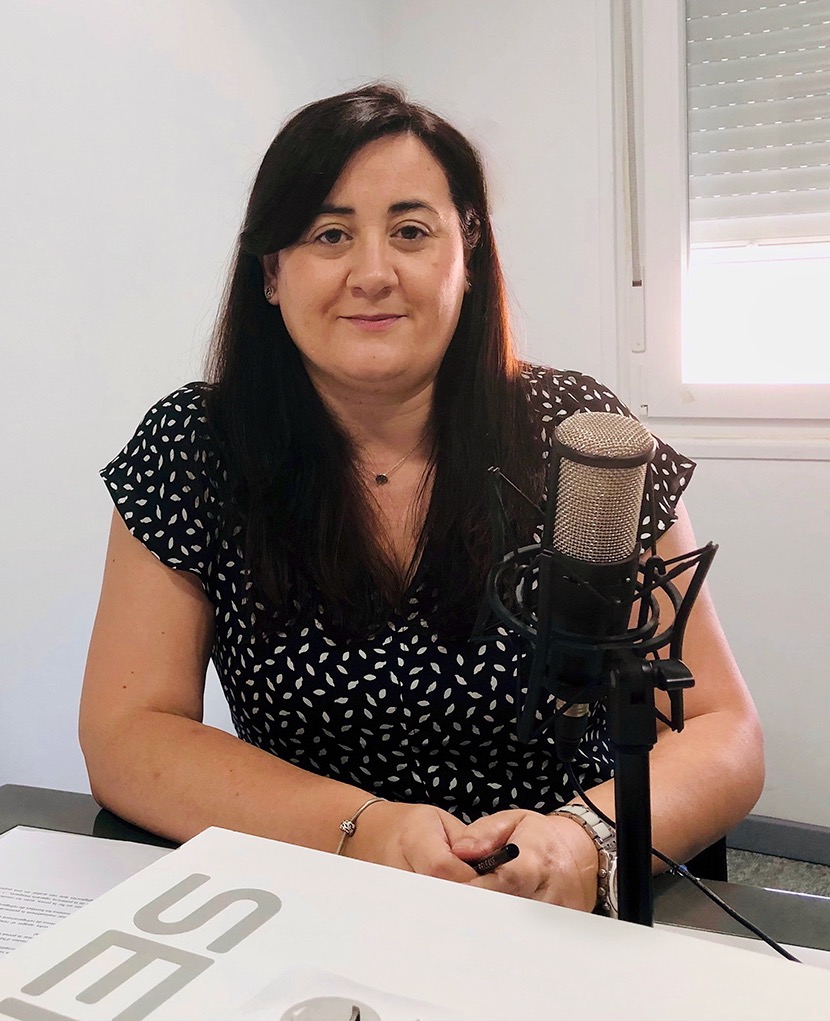Women who revolutionised modern physics
Throughout history we know few women scientists. However, the reality is that, since ancient times, many women have dedicated their lives to science. Often, however, their contributions have been erased from the official account or attributed to their colleagues. This fact poses a problem for the creation of female references capable of attracting the interest of girls in science and is particularly serious in the case of some disciplines such as physics, where women are approximately 20% of researchers today. In this talk we will highlight the role of some women who made fundamental contributions to the development of modern physics. We will also talk about the current situation of female scientists, and some of the obstacles they face during their careers, such as the bias in the evaluation and recognition of their merits, or the difficulties in accessing the highest levels of universities and research centres.
|
|
 |
Astroparticles: a new window onto the Universe
Astroparticle physics constitutes a new field of research between particle physics, astrophysics and cosmology. We are used to observing the universe with optical telescopes and also telescopes sensitive to other bands of the electromagnetic spectrum such as gamma rays, X-rays or radio waves. With astroparticle physics, we further expand the possible ways of seeing the cosmos and do so with ionised nuclei, such as cosmic rays or with elementary particles such as the mysterious neutrinos. These new tools offer us essential information about events such as supernova explosions or the very origin of the universe. In this conference we will talk about some of the experiments dedicated to the observation of astroparticles around the world and what we can learn from each of them.
Brief CV
Mariam Tórtola Baixauli has a degree and a PhD in physics from the University of Valencia with an Extraordinary Award. She has worked as a postdoctoral researcher at the Lisbon Technical Institute and the University of Hamburg and as a Ramón y Cajal researcher at the Corpuscular Physics Institute (IFIC, CSIC/University of Valencia). She is currently a full professor at the Department of Theoretical Physics at the University of Valencia and the IFIC. Its research activity focuses on neutrinal physics beyond the standard model and its implications in cosmology and astrophysics. He has received the RSEF / BBVA Award for Young Researchers in Theoretical Physics (2008) and the L'Oréal-UNESCO for Women in Science (2017) Award. He is currently chairing the local section of Valencia of the Royal Society of Physics (RSEF), in which he is also part of the Specialised Group of Women in Physics. She is a member of AMIT (Association of Female Researchers and Technologists) and participates in the projects of dissemination and promotion of scientific vocations Girls4STEM and Meitner project. He is a member of the Equality Commissions of the IFIC and the Faculty of Physics of the University of Valencia.
More information
- Mariam Tórtola Personal Website
- Remembering Lise Meitner
- Mariam Tórtola: “A different behaviour between neutrinos and antineutrinos could help us understand the origin of the Universe”
- El Núcleo Atómico NO es Así
- ¿Tienen color los átomos?
- ¿Cómo y por qué se formaron las partículas elementales?
- ¿Puede haber algo más rápido que la luz?
Social networks
- @MariamTortola
- @FacFisicaUV
- @IFICorpuscular
- @ProyectoMeitner
- @CdCienciaUV
- @MednightGTS

Stimulating scientific vocations is a project of the Scientific Culture and Innovation Unit of the University of Valencia, which has co-funding from the Spanish Foundation for Science and Technology, and the Ministry of Science and Innovation.












